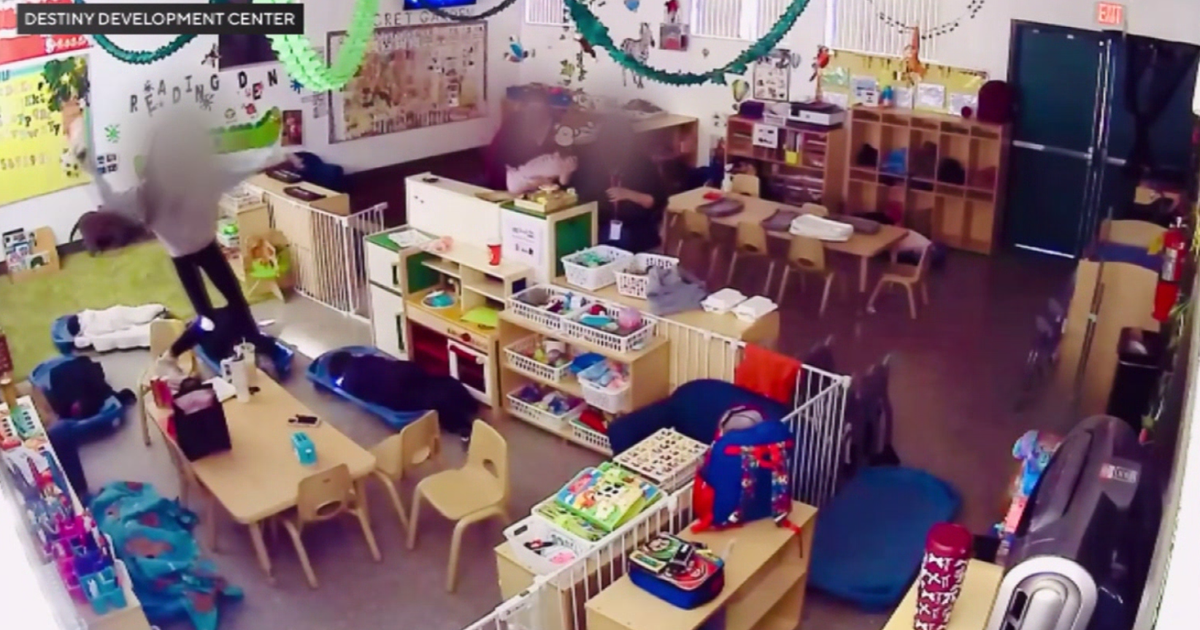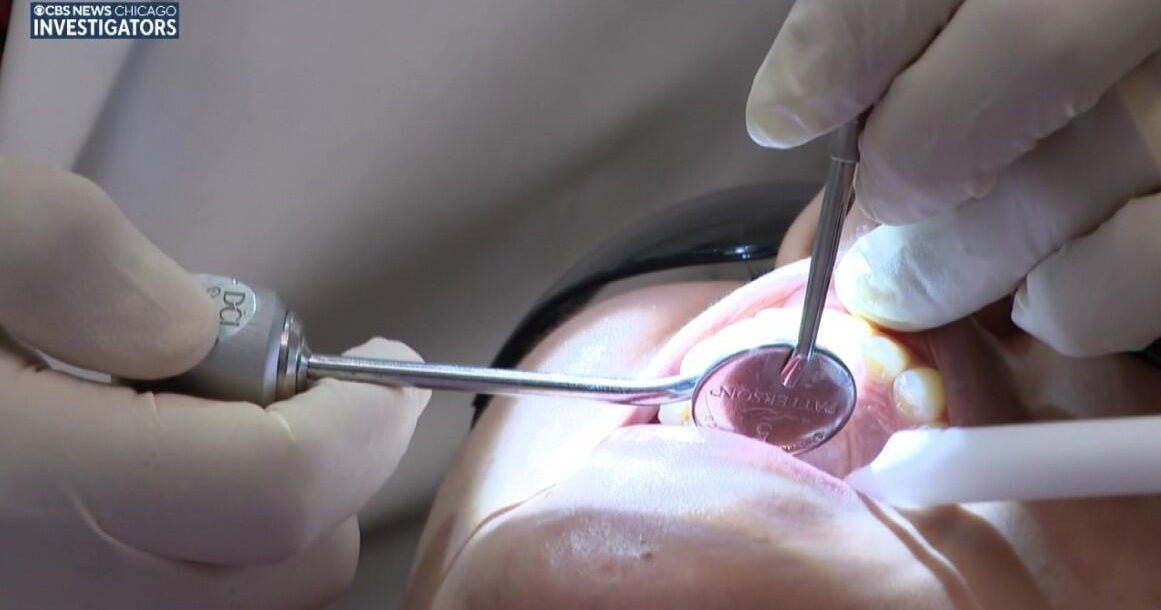Mayo Study: Teachers More Likely To Develop Speech Disorders
MINNEAPOLIS (WCCO) -- Researchers at the Mayo Clinic say they've stumbled upon what appears to be an occupational hazard for school teachers.
They found that teachers are more likely to have progressive speech and language disorders. The neurologist who led the study found teachers were about three-and-a-half times more likely to a develop speech and language disorders than Alzheimer's disease.
On Tuesday, the Mayo Clinic said the study that looked at 100 patients with speech and language disorders -- things like semantic aphasia and apraxia of speech -- and researchers noticed many of the patients were teachers. They're not sure, however, why the teachers developed the diseases.
Dr. Keith Josephs, the neurologist who led the study, has a theory about why teachers seem to be diagnosed with such diseases more often.
"They can't find words to use in sentences, so they might speak around a word," Josephs said. "For example, they might want to come up with the word 'flashlight,' and they say 'the thing that you push the button and the light comes out the front,' as opposed to coming up with the word."
Researchers say the conditions get worse over time as the brain starts to shrink. They're degenerative and ultimately lead to death 8 to 10 years after diagnosis, because the patients develop problems swallowing.
We talked to teachers at Harding High School in St. Paul about the study and its findings. Julia Shepherd teaches English there.
"I guess it's something to think about," she said. "I always thought it was just aging, whenever I have a hard time coming up with words. Between my job and having a family, and just kind of go, go, go. So when I run out of thought, I think I just may be tired."
Nannette Stroebel is a music and choir teacher at Harding.
"We do so much multi-tasking," she said. "We are consistently doing three or four things at one time. And I think that takes a toll on your brain, I really do."
The study offered no explanation for why teachers are more likely to have these disorders, but Josephs thinks they simply may be more aware of the symptoms, and more likely to seek treatment.
"We need more numbers, we need to go back and look at...I don't know, maybe there is something else, regarding the type of teachers. We are not sure," Josephs said.
Note: Josephs says he's not talking about what we often experience as we age. Progressive speech and language disorders are more like this: You go to a zoo one year and say 'hey there's an elephant,' and then the next year, you call it a 'big animal,' and then the next year, 'it's a big thing,' and then it's something that you really have no words to describe.







